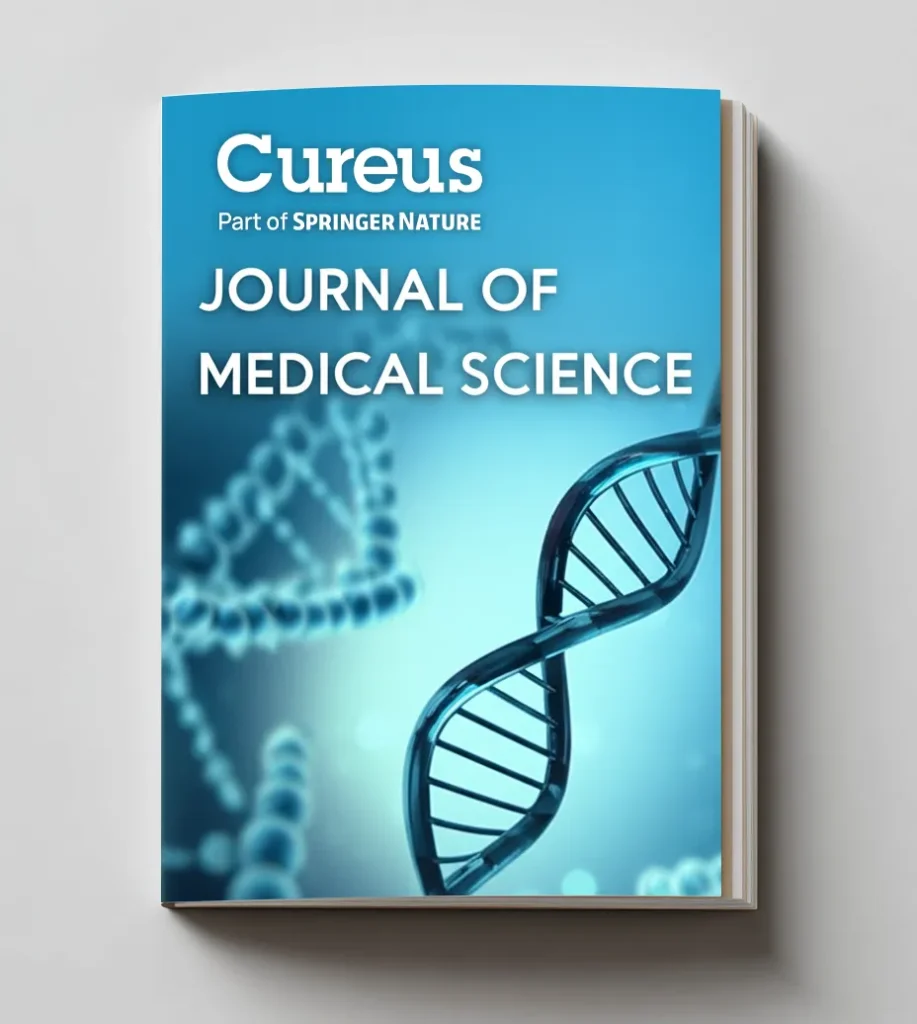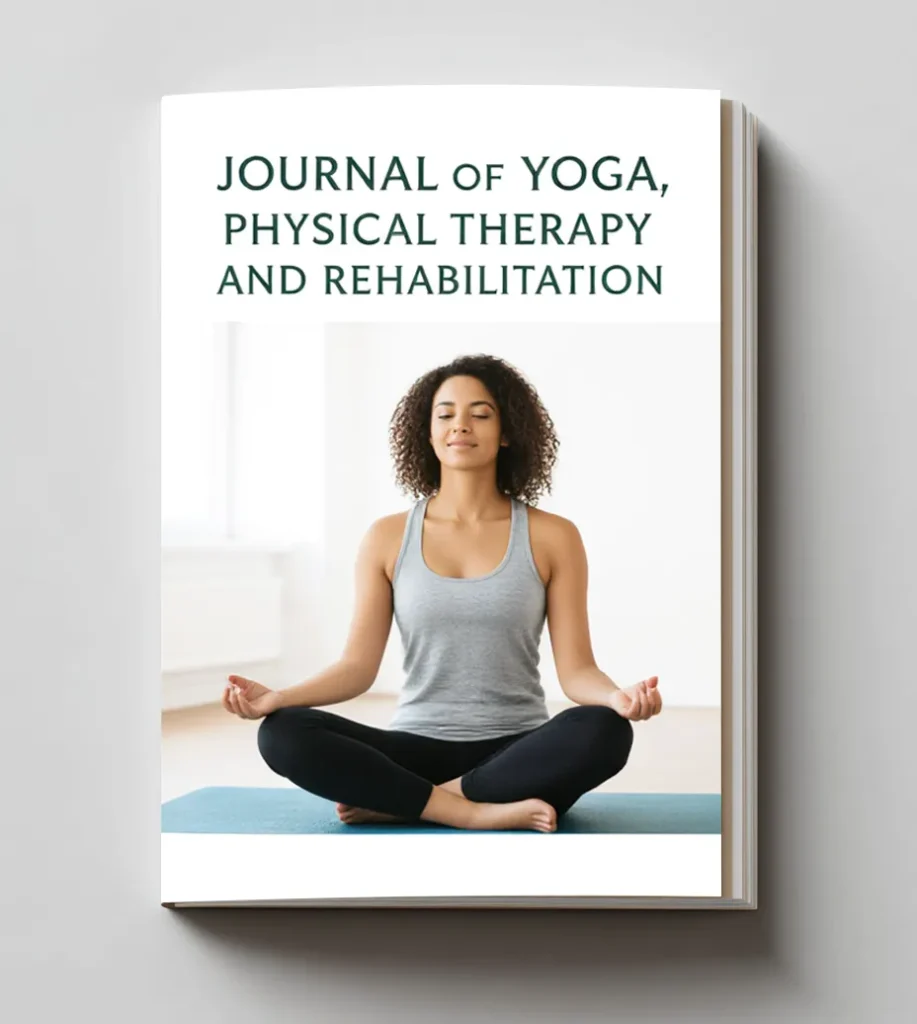Academic Research
Peer-Reviewed Scientific Studies
Neurosculpting® is a science-based meditation method that blends mindfulness and neuroscience to support emotional regulation, cognitive resilience, and nervous system balance. Developed by Lisa Wimberger, this five-step process is used by individuals, educators, and professionals around the world.
The studies below highlight how Neurosculpting is being recognized in peer-reviewed academic research for its measurable impact on stress reduction, cognitive performance, and mental well-being.
Title: Comparative Evaluation of the Cavity Preparation Design on Mandibular First Molars in Typodont Teeth After Neurosculpting in Undergraduate Dental Students
Journal: Cureus Journal of Medical Science
In this randomized trial, undergraduate dental students who practiced Neurosculpting before performing cavity preparations showed marked improvements in procedural accuracy compared to the control group. These findings highlight Neurosculpting’s potential to enhance fine motor skills, focus, and performance in clinical education settings.
Title: Effects of Neurosculpting® Meditation on Stress, Anxiety, and Sleep in a Group of Undergraduate College Students
Journal: Journal of Yoga, Physical Therapy and Rehabilitation
This peer-reviewed study examined the impact of a six-week Neurosculpting® meditation program on undergraduate students’ mental and physical well-being. Participants reported significant reductions in stress and anxiety levels, along with improvements in sleep quality. The results suggest Neurosculpting may be an effective complementary approach for supporting students under academic and emotional pressure.



